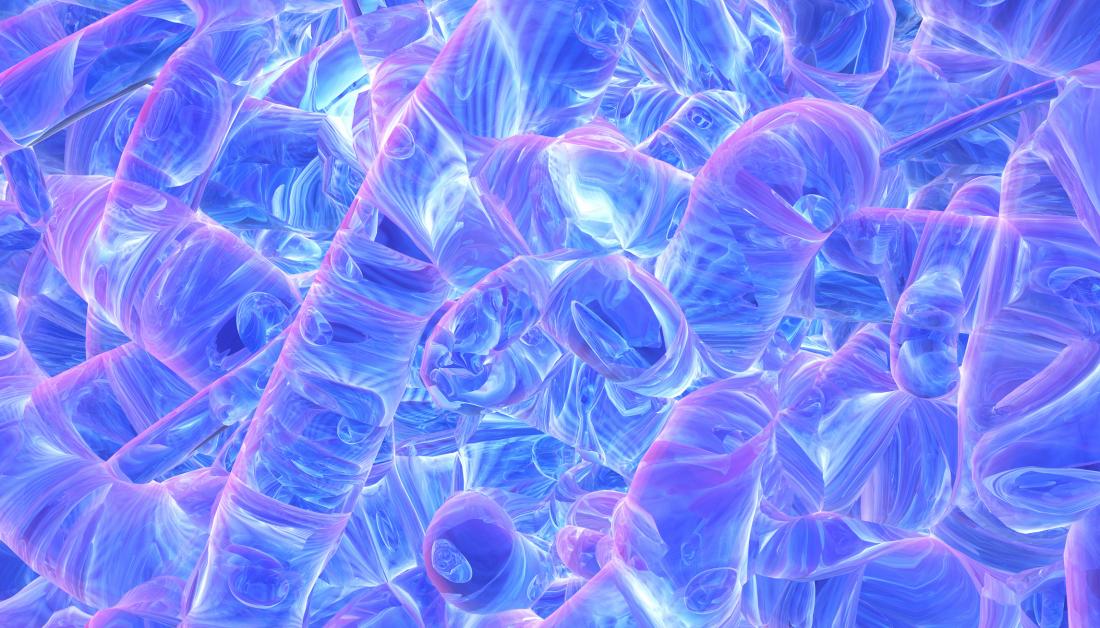Scientists find that hundreds of gut bacteria are electric

New research uncovers a surprising fact about numerous types of gut bacteria: they can generate electricity.
Electrogenic bacteria are those that are able to produce a certain amount of electricity.
For this reason, ongoing research is looking into ways to use these microorganisms to develop alternative, more sustainable battery-like devices.
So far, electrogenic bacteria have been found in fairly specific natural environments, such as the sediments of various bodies of water.
These environments are typically anaerobic, meaning that they do not contain free oxygen. Now, for the very first time, researchers from the University of California, Berkeley have found that hundred of different bacteria in the human gut are also electrogenic.
These include many types of bacteria, from pathogenic ones that are capable of causing disease, to probiotic bacteria that promote gut health. Yet these gut bacteria produce electricity using a different mechanism than that used by known electrogenic bacteria from other environments.
The researchers — led by Prof. Dan Portnoy — report their important discovery in a study paper that appears in the journal Nature.
